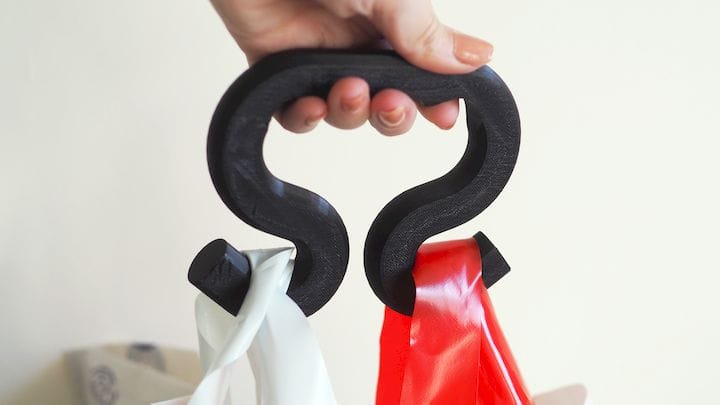![Learn about 3D printing assistive technology [Source: Printlab]](https://fabbaloo.com/wp-content/uploads/2020/05/image-asset_img_5eb09aaee4b82.jpg)
Printlab released a free video course to help designers create and 3D print assistive aids.
UK-based Printlab specializes in providing online 3D print training material, as well as reselling a variety of 3D printers, materials and associated hardware like 3D scanners. They also provide bundles where 3D printers are paired with educational courses to enable rapid and effective startup.
They explain:
“We are delighted to announce the release of a free assistive technology lesson plan to support schools in solving real-world problems. The project has been developed in collaboration with Makers Making Change and guides students in designing and 3D printing a range of assistive devices for a segment of society that is often overlooked. Once developed, students are encouraged to upload their designs to the Makers Making Change project library, where people with disabilities can connect with them to build their devices and customise if necessary.”
The educational course is broken up into five segments, which take the viewer through the most introductory aspects through practical usage. The educational pack includes several STL files to enable quick start.
“We’ve developed a range of projects in our lesson plan library that focus on assistive devices. However, The Assistive Device Academy is particularly special because we are taking that extra step to encourage schools to connect with real people who have disabilities. There’s no better way to bridge the skills gap than by asking students to solve real-world problems.”
We’re quite supportive of this initiative, as it should result in many more people with disabilities gaining access to inexpensive assistive aids, particularly if this material is distributed widely.
A few years ago it was realized that 3D printing is the ideal technology to address many assistive technology needs. It was a market filled with extremely expensive traditional solutions, which were even more expensive when you realize that children fitted with aids rapidly grow out of them and require larger versions — again at extreme cost.
The solution provided by 3D printing was almost revolutionary: the digital 3D models of the aids can be easily resized and 3D printed at low cost, enabling a child to be equipped with a continuous stream of perfectly fitting assistive aids through their entire growth cycle.
The solution became so popular that we no longer report on instances of this use case; it’s become a normal thing to do.
But Printlab’s efforts here enable even more people to benefit from the solution.
Via Printlab











CoreXY is becoming a very popular approach for 3D printer motion systems, but is it the ultimate answer? We list the advantages and disadvantages.